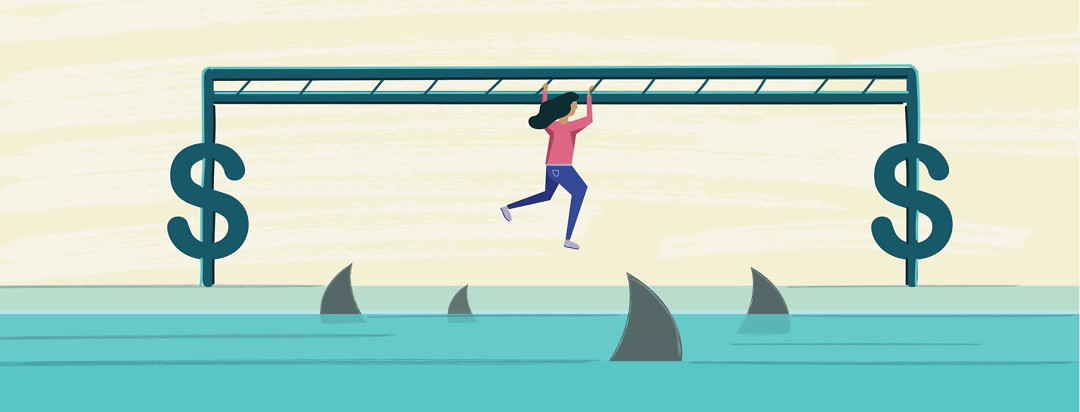Finding Financial Assistance for Cancer Patients
The rising cost of cancer drugs and care often imposes a significant financial burden on cancer patients and their families. Even for those with sufficient insurance coverage, the cost of copays, coinsurance, deductibles, and tiered drug formularies have led to an increasing portion of cancer drug payments being shifted to the patient as an out of pocket expense. So, in addition to coping with cancer, treatment, side effects, and emotional trauma of the diagnosis, patients must now worry about the cost of treatment.
A study by the Association of Oncology Social Workers showed that more than half of cancer patients indicate that cancer costs "negatively impact their focus on recovery."1 According to the survey, 66% of patients who experiences major financial challenges suffered from depression or anxiety. Almost a third delayed filling prescriptions for financial reasons and almost a quarter skipped doses of their medications.1
The financial challenges of cancer can have a severe impact on life and outcomes as a cancer patient. The results of this study emphasize the need to provide information to patients to help cancer survivors and their loved ones manage the financial burden of cancer treatment.
The American Cancer Society, CancerCare's financial assistance page, and the Cancer Financial Assistance Coalition, which can be searched by location, can be a helpful starting point for searching for financial resources.
The following list of resources may be helpful in your journey with cancer. In addition, it can be helpful to speak to your health care team regarding the cost of treatment and any programs that may exist at the institution where you are receiving treatment. Please note that many programs have specific requirements or applications to be considered for assistance.
Financial resources
American Cancer Society
The American Cancer Society has a number of programs to assist individuals going through cancer treatment. The Hope Lodge provides a free place for patients and caregivers to stay if treatment must be provided away from home. The Road to Recovery program provides transportation to and from appointments and treatments.
CancerCare Co-Payment Assistance Foundation
The CancerCare Co-Payment Assistance Foundation provides funding for copays for targeted therapies and chemo.
Good Days
Good Days provides co-pay assistance to individuals with covered conditions.
The HealthWell Foundation
The HealthWell Foundation assists individuals with prescription copays, out-of-pocket insurance costs, travel costs, and pediatric treatment costs.
Leukemia and Lymphoma Society
The Leukemia & Lymphoma Society's financial resources include co-pay and travel assistance, as well as an urgent need program.
LIVESTRONG Fertility
The LIVESTRONG Fertility program can assist individuals whose fertility may be impacted by treatment. The program can help with costs related to fertility preservation services.
Lymphoma Research Foundation
The Lymphoma Research Foundation offers financial assistance for uninsured and underinsured individuals to help cover expenses related to treatment.
Be The Match
Be The Match offers financial assistance through grants to individuals who have received a transplant through the Be The Match Registry.
Patients Access Network (PAN) Foundation
The PAN Foundation helps patients manage out-of-pocket costs for treatment and medication.
Pharmaceutical companies
Some pharmaceutical companies offer financial assistance programs. Visit their individual websites for more information.
Legal support
In addition to financial need, some cancer patients may look for legal support. The Cancer Legal Resource Center can help to connect you with legal professionals and answer questions.
The above resources may help cancer patients in dealing with the financial burden of cancer treatment and promote a better quality of life.
Editor's Note: Resources included in this article were current at the time of publication. Funding availability and eligibility requirements may change.

Join the conversation